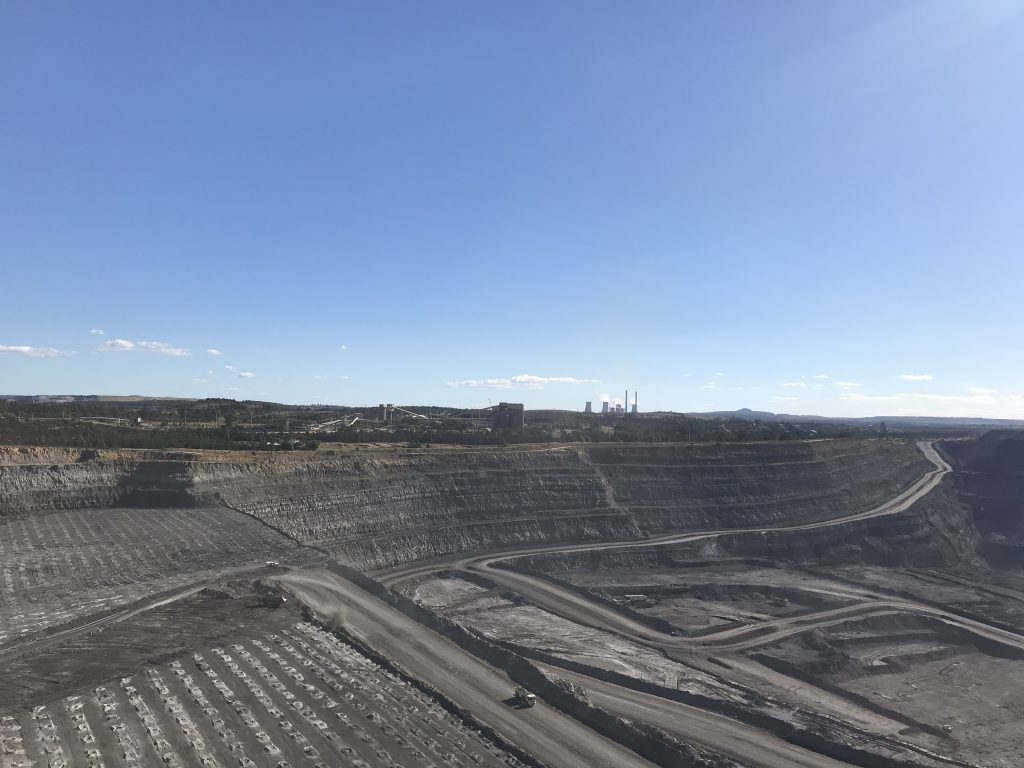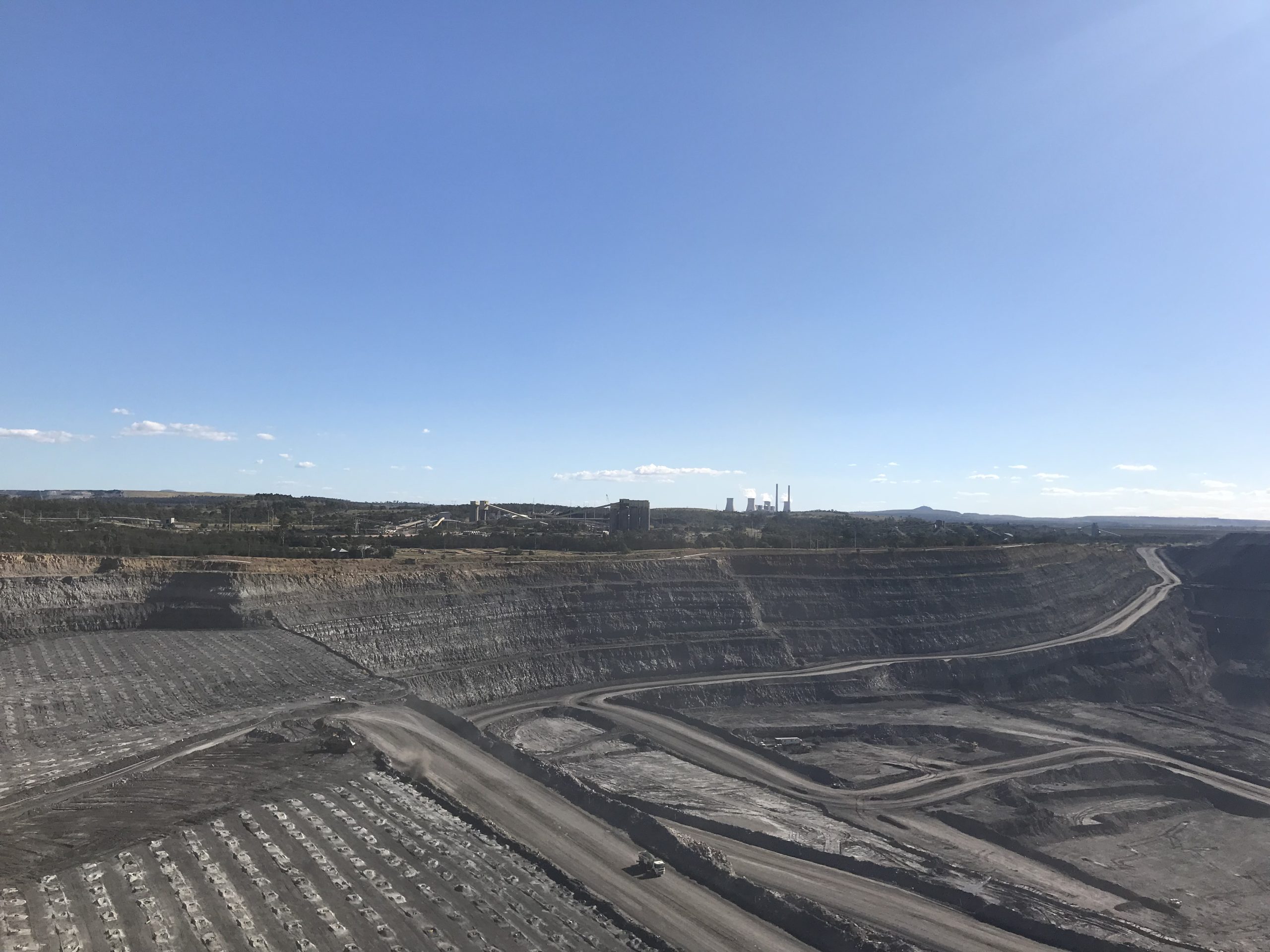

A new report shows that the measures the Prime Minister wants to put in place to bring down electricity prices won’t actually have an impact for households for one, maybe two years.
The NSW Minerals Council has released details of a new report by two energy experts – Matthew Warren who is a former Chief Executive of the Australian Energy Council, Energy Supply Association of Australia and the Clean Energy Council, and Kieran Donoghue who has over a decade’s experience of energy policy in the UK and Australia. He has worked as a regulator, an industry advocate and most recently as an independent consultant.
The report labels the Federal Government’s plan to impose price caps on coal as ’impractical’, ‘unlikely to materially impact wholesale electricity prices, and finding it even ‘risks exacerbating electricity price increases’.
The report states that even if successful, the measure is unlikely to have any impact on household power bills for at least a year, and up to two years and highlights the relatively small influence of coal prices on energy prices: ‘’On average over the decade only 17% of the time”.
The paper calls on governments to ensure more generation supply is available, including potentially delaying closures of the Liddell and Eraring coal power plants in NSW until enough renewable generation is ready to replace them.
NSW Minerals Council CEO Stephen Galilee said the report had been commissioned in an attempt to ensure the deliberations of governments on energy policy are as informed as possible.
“Like other industries, the mining sector is an energy user and extremely concerned about high energy costs, and we want workable solutions that will actually address the problem, “Mr Galilee said today.
“Any plan that fails to address the coming electricity supply crunch is doomed to failure, and holds out false hope that energy prices will fall. It also puts public support for the energy transition itself at risk,” he said.

